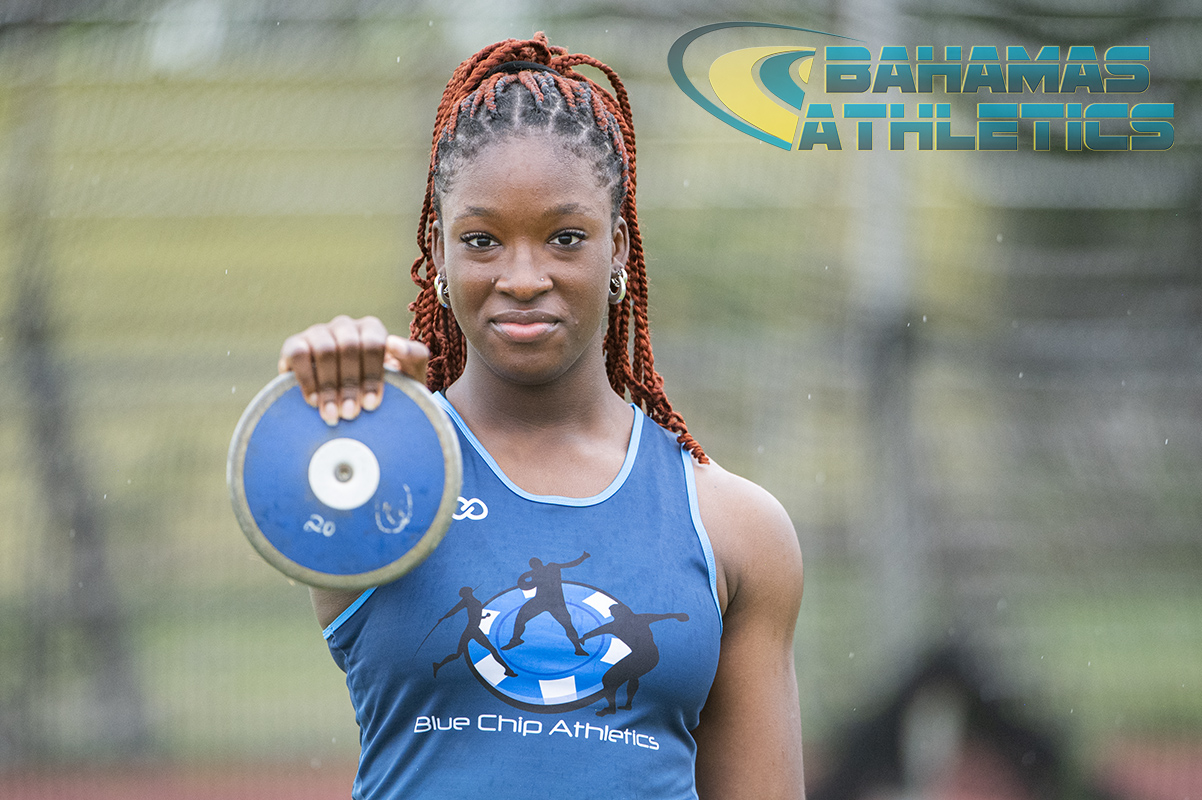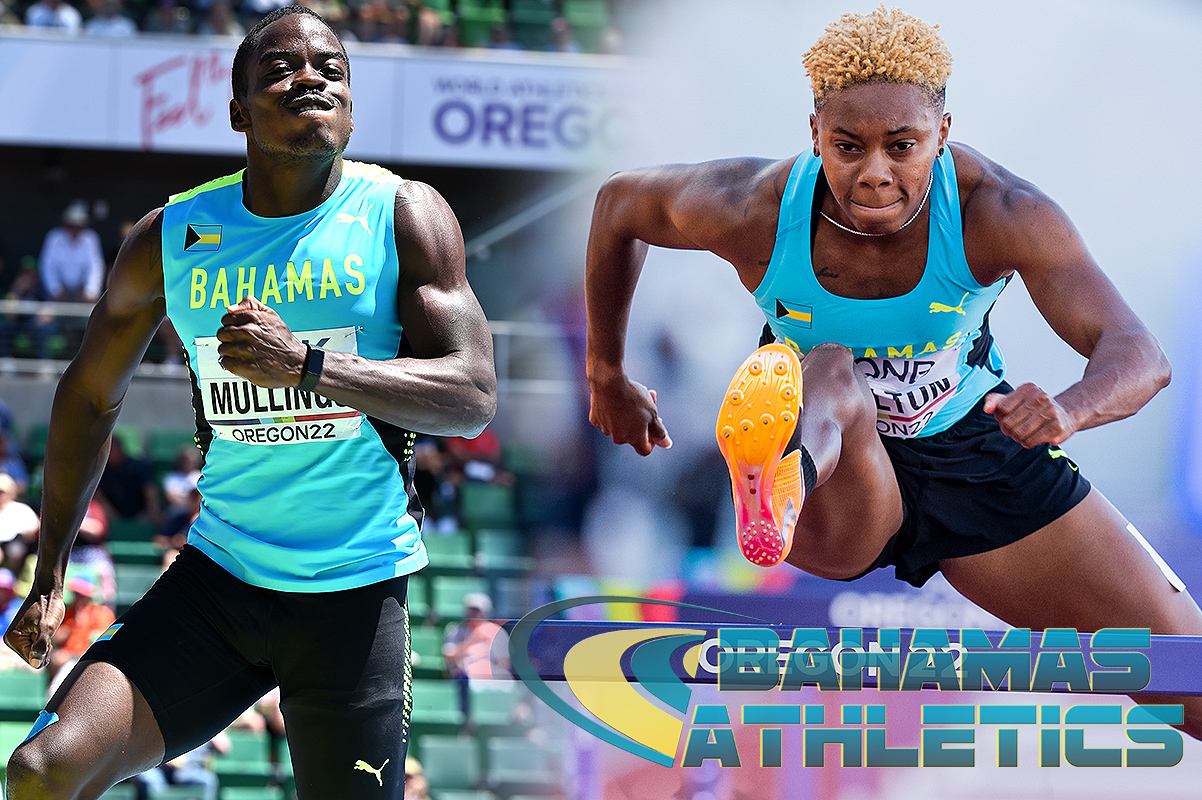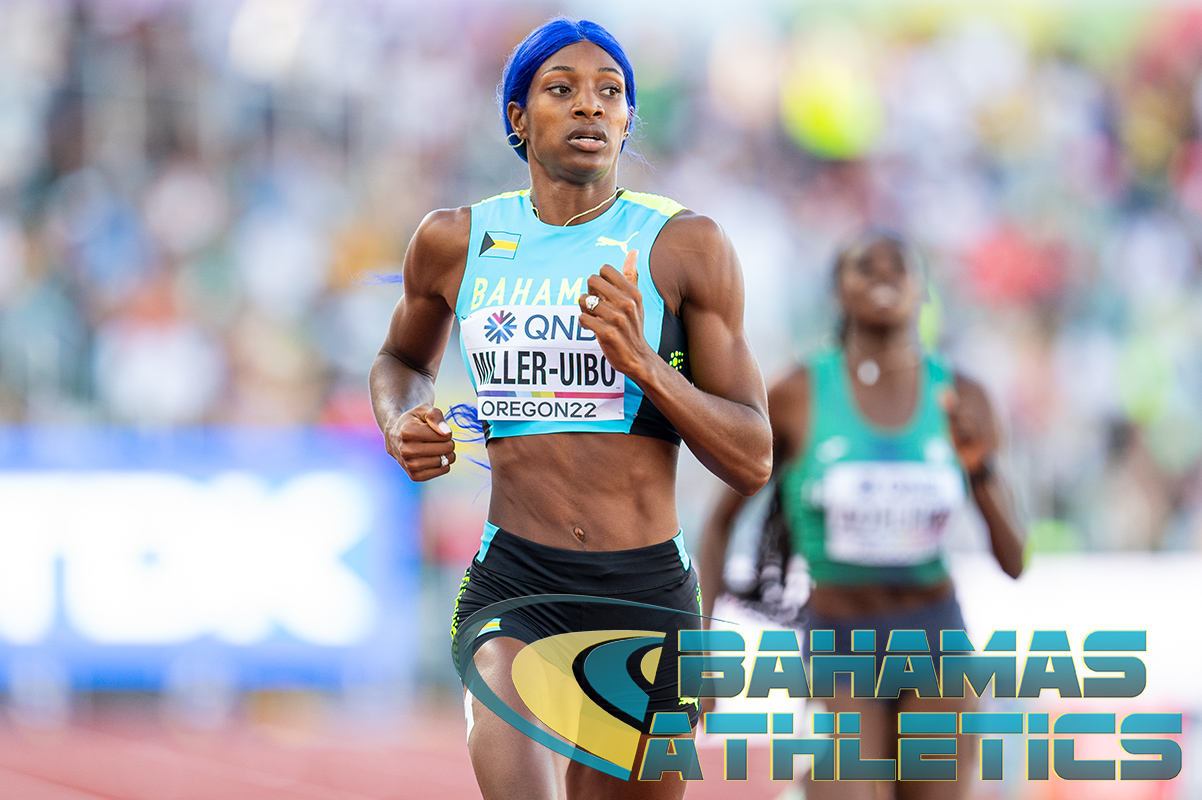top news
News
Review of The Bahamas in Rio
- Details
By Clayton Clarke
Team Bahamas selected its largest ever Olympic team of 28 athletes to Rio. The contingent left for Rio with 25 members as three selectees withdrew due to injury. The women’s 4x400m team made its debut at the Olympic Games having qualified mere days before the deadline.
SPRINTS
The sprints continue to be the highlight events for The Bahamas. Shaunae Miller showed why she was one of the few athletes in the world to achieve qualifying standards in all three sprints (100m/200m/400m). However, Miller ran only in the 400m and won gold.
For the first time in recent times, the male sprinters out-numbered the ladies. Three men competed in the 100m for the first time while there was only one female representative for the first time since 1992. In the 200m, three men and women faced the starters for only the second time (2000 was the first). In the 400m, the Bahamian pride ran deep for the men, with three entrants for the third straight Games while for the women, there was one participant for the third consecutive Olympics.
The women produced the better performances with Shaunae Miller winning the 400m title. Miller boldly took an early lead and was tying up on the final stretch. However, she showed great grit in the end, giving all to ensure she won the gold for The Bahamas, ending up prostrate as she crossed the final. Her unorthodox finish to win the top prize spoke volumes of her commitment and passion. Tynia Gaither was the next best female sprinter on performance reaching the 200m semifinals after rebounding from an early exit in the 100m heats. With personal bests in both sprints set this year, she seem the logical choice to lead the way. Anthonique Strachan was a semi-finalist in London four years ago as an 18 year old but after a long lay-off due to injury, she was unable to match her achievement in Rio going out in the heats. Three-time Olympian Sheniqua Ferguson, bowed out in the 200m heats after having a relatively slow year. She reached the semifinals in London in the 100m.
The best performing male sprinter was Steven Gardiner who advanced to the 400m semifinals. Chris Brown was going for his third straight finals in his fifth Olympics but did not get past the heats. The 37 year old was fourth in the 2008 and 2012 finals. He is the oldest competitor and finalist ever in the one lap event at the Olympics. However, ahead of Rio he had not yet dipped under 45 seconds, a barrier he has surpassed every year since 2011.
The short sprinters came up short and did not get pass the 100m heats with Adrian Griffith, Shavez Hart and Jamial Rolle all running well below their best. Shavez Hart, Teray Smith and Demetrius Pinder could not negotiate the tough qualifying heats of the 200m. Pinder did not get to the finish line as he was disqualified for a false start violation. With the male sprinters on the lower end of the list of 100m and 200m qualifying times going into Rio, some inspired running would have been needed to advance. Looking at the personal versus season bests, Griffith was the best of getting to the 100m semifinals given that he set his personal best of 10.11 earlier this year.
The standard of sprinting in Rio was one of the highest ever at the Olympic level. The fastest ever non-qualifying times for the finals of men’s 100m (10.01, 10.03), 200m (20.13, 20.16, 20.25) and 400m (44.65, 44.71) were ran. Similarly, for the first time ever clocking’s of 11.00 and 11.01 were not quick enough to get into the women’s 100m finals. To advance to the men’s and women’s 200m semifinals were also tough. For the men, only three qualifiers were slower than 20.35 and in the women’s 200m heats, four athletes ran under 23 seconds and did not advance. Our sprinters had to produce their best from the first round and keep improving to reach the finals. This was not the achieved by the majority.
HURDLES
The hurdles can be considered the emerging event in The Bahamas in recent years. The women’s 100m hurdlers led the way with former national record holder (13.13) Ivanique Kemp who became the country’s first Olympic entrant and semi-finalist in the discipline in London. Four years on in Rio, Pedyra Seymour took the national mark well into the sub 13 range with an impressive 12.64 clocking in the semifinals. Her new national mark was more than adequate to take her into her first finals in her maiden Olympics, becoming the first Bahamian to do so as well.
In the finals she finished a commendable sixth place. Her national record run was her fifth such for the season. Since only taking up the event competitively four months ago, she wasted no time as she became the first Bahamian to run under 13 seconds with 12.94. The 21 year old continued her record-breaking form with runs 12.86, 12.84 and 12.83 before her 12.64 run in Rio. She indicated that the loss of her brother earlier in the year was her motivation for doing well. Before Seymour took up the event, Devynne Charlton and Adanaca Brown both held national record of 13.00 in 2015. However, injury prevented them from competing in Rio.
Jeffrey Gibson brought the men’s 400m hurdles event into the spotlight in 2015 by taking the Pan American title (48.51) and then World Championships bronze medal (48.17) both in national record times. Gibson was hoping to continue his form in Rio but slow recovery from undisclosed injury put an end to his medal hopes as he did not get beyond the heats.
RELAYS
The relays have been the flagship for The Bahamas. With two gold medals in previous Olympics, to not win a medal was inconceivable. The men’s 4X400m team was the defending gold medalist, having upset the USA in London four years ago. Veteran Chris Brown teamed up with national record holder Steven Gardiner, Steven Newbold and Alonzo Russell to ensure The Bahamas advanced to the finals for the sixth straight Olympic Games. In the finals, the quartet of Russell, Gardiner, Brown and Michael Mathieu took bronze, the country’s fourth medal in five Olympics.
The women’s 4x400m squad competed in its maiden Olympics and came away with a national record of 2:26.36, a time which would have been quick enough to advance to all previous Olympic finals. The team included 100m/200m sprinters Carmeisha Cox and Anthonique Strachan, along with Lanece Clarke and veteran quarter-miler Christine Amertil. However, 400m champion Shaunae Miller did not compete, leaving many to wonder how much faster the team would have ran with Miller in the line-up.
The absence of The Bahamas in the 4x100m relays in Rio may be eye-raising to many given the presence of entrants in the individual events. With the pride of the Golden Girls to maintain and the home advantage of having the Olympic qualifying-IAAF World Relays in The Bahamas, the sprint relay teams had all the ingredients to qualify in Rio. Much to think about. Preparation of the relay events require more than the commitment of the athletes but also planning and coordination by the BAAA’s.
FIELD EVENTS
First time there were three entrants from The Bahamas. Donald Thomas and Trevor Barry advanced to the finals with Thomas finished seventh and Barry 11th. Jamal Wilson missed on the finals as he bowed out in the qualifying round. Thomas matched the feat for Troy Kemp who was also seventh at the 1992 Olympics. He was looking to put The Bahamas on the podium for the first time at the Olympics as he and Kemp have won gold at the World Championships; Thomas in 2007 and Kemp in 1995.
Leevan Sands’ mere presence in Rio was an inspiration after his painful departure in the finals in London. Despite leaving the pit injured, he still finished in sixth. He showed his recovery by taking bronze at the 2015 Pan American Games and he arrived to Rio fit and ready. However, the 2008 Olympic bronze medalist was unable to get pass the qualifying rounds. Latario Collie-Minns had an Olympic baptism that should only serve to strengthen him. Collie-Minns failed to get a mark in the qualifying rounds. The 2011 World Youth Champ had his hopes on getting to the finals after taking the NCAA Division One title in June.
Bianca Stuart missed out on the women’s long jump finals by 8cm. Since setting a national record of 6.83 in 2015, Stuart has not been able to come close to that mark in 2016. For the second straight Olympics, she did not advance to the medal round.
What's new?

Monday, 16 January 2023
CALEA MEETS CARIFTA STANDARD

Wednesday, 14 December 2022
ANTOINE HEADED TO TEXAS TECH

Monday, 25 July 2022
Final Day of Competition – World Athletics/Eugene 2022

Saturday, 23 July 2022






